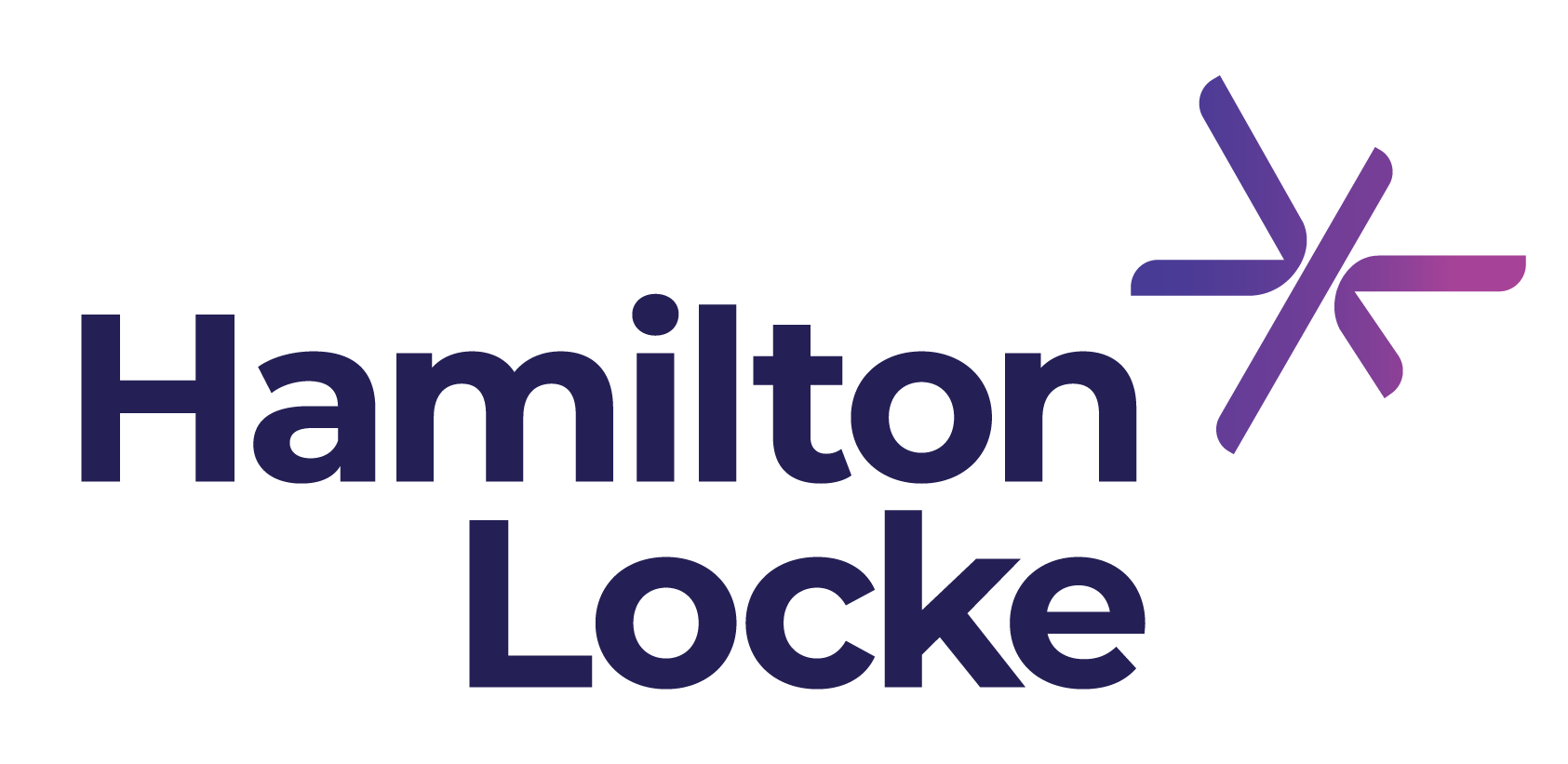GLOBAL REGULATION OF ICOS.
Published on Sep 29, 2017

In the past 2 months, waves of information have rolled in from global regulators about the legal status of ICOs – welcome news to the blockchain community which has been labouring in a sea of uncertainty.
Following the early lead of the US Securities & Exchange Commission, regulators in Ontario, Canada, Hong Kong, Singapore and as recently as 28 September 2017, our own ASIC are taking a broadly consistent approach.
While China has bucked the trend by banning ICOs for the time being, these regulators have clarified that they will regulate ICOs within existing legal frameworks, which will depend on the underlying features of the token.
This means that pure cryptocurrencies such as bitcoin and ethereum will generally not be regulated – although their uses may be, e.g. if they’re used as a payment facility. Other types of tokens could be one of a number of financial products, depending on the rights that attach to the token.
Which financial product is my ICO?
Using Australian terminology, the financial product categories and their implications are:
- Shares –if the rights attaching to a token are similar to those which commonly attach to shares, such as ownership of the company, voting rights in the decisions of the body, entitlement to share in future profits through dividends, or a claim on the residual assets of the company if it is wound up, the token is likely to be a share.
- Managed investment scheme – if the proceeds of the token sale are pooled to produce a return or an interest in an asset and the token holders have no control over the way in which the enterprise is managed, the ICO is likely to be a managed investment scheme. This could apply even if the token issuer markets the entitlements of token holders as receipt of a purchased service, if it has the characteristics of an investment.
- Debenture –if the ICO is used to create a loan by token holders to the issuer, the token is likely to be a debenture.
- Derivative – a token that offers a return based on factors such as the movement of an asset price in a certain direction before a certain time or event, is likely to be a derivative.
So if you’re planning an ICO, you’ll need to:
- Carefully examine the characteristics of your token
- Analyse which type of financial product it is, and
- Ascertain and comply with the regulatory and licensing obligations that apply to the ICO.
What about ICO issue and trading facilities?
Businesses facilitating ICOs and secondary trading of tokens that fall into any of the above categories are likely to be operating a market.
It’s unlikely that the crowd sourced funding regime will suit ICOs, due to the limits on the amounts that can be raised, amongst other restrictions. A markets licence will be needed.
Until recently, markets licences were highly regulated and challenging to obtain and maintain. However Australia has recently introduced a second, and more lightly regulated tier of markets licences, to facilitate more innovative and nimble market venues.
Similarly exchanges or other businesses that facilitate ICOs and token trading will need to:
- Analyse the tokens they’re facilitating to determine what type of financial product they are, and
- Ascertain and comply with the regulatory and licensing obligations that apply to their services.
Almost 9 years from initial release of the first Bitcoin whitepaper, cryptocurrencies and blockchain have evolved considerably and are likely to continue to do so. It’s now clear that like any other technology, regulators will regulate its uses, not the underlying technology, which is entirely appropriate.
The key message for startups looking to raise funds through an ICO is – be careful! Regulators are now watching – in many jurisdictions. You’ll need to understand and comply with the regulatory requirements in each jurisdiction in which you propose to promote your ICO. The requirements are complex.
Remember, the old saying – a person who acts for himself has a fool for a client!
The Fold Legal advises a number of cryptocurrency and blockchain businesses and acted on the first Tier 2 markets licence issued under the new regime.
For advice on your ICO or crypto exchange, contact Claire Wivell Plater or Charmian Holmes.
Author: Claire Wivell Plater
September 2017


